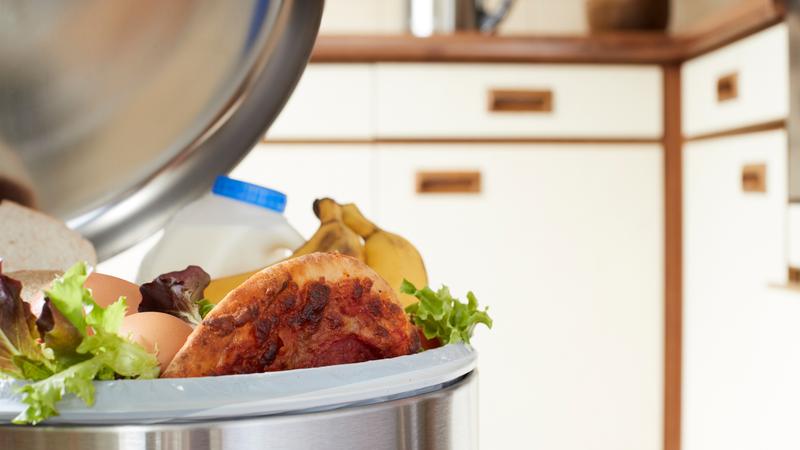
Applications being accepted for second half of the Food Waste Reduction Challenge
OTTAWA, ONT- The Government of Canada has announced more possibilities to helping reduce food waste in the country.
Food Policy for Canada is accepting new applications for the second half of the $20-million Food Waste Reduction Challenge.
“The Food Waste Reduction Challenge is revealing the tremendous appetite and ingenuity across Canada to tackle the problem of food waste head-on,” says Marie-Claude Bibeau, Federal Minister of Agriculture and Agri-Food. “We are calling innovators of all types and sizes to bring forward new and innovative technological solutions that will extend the life of food or transform food waste. Our government is committed to empowering our innovators and creating a truly sustainable food system in Canada.”
Every year, over half of Canada’s food supply is wasted, and nearly $50 billion worth of that is avoidable.


